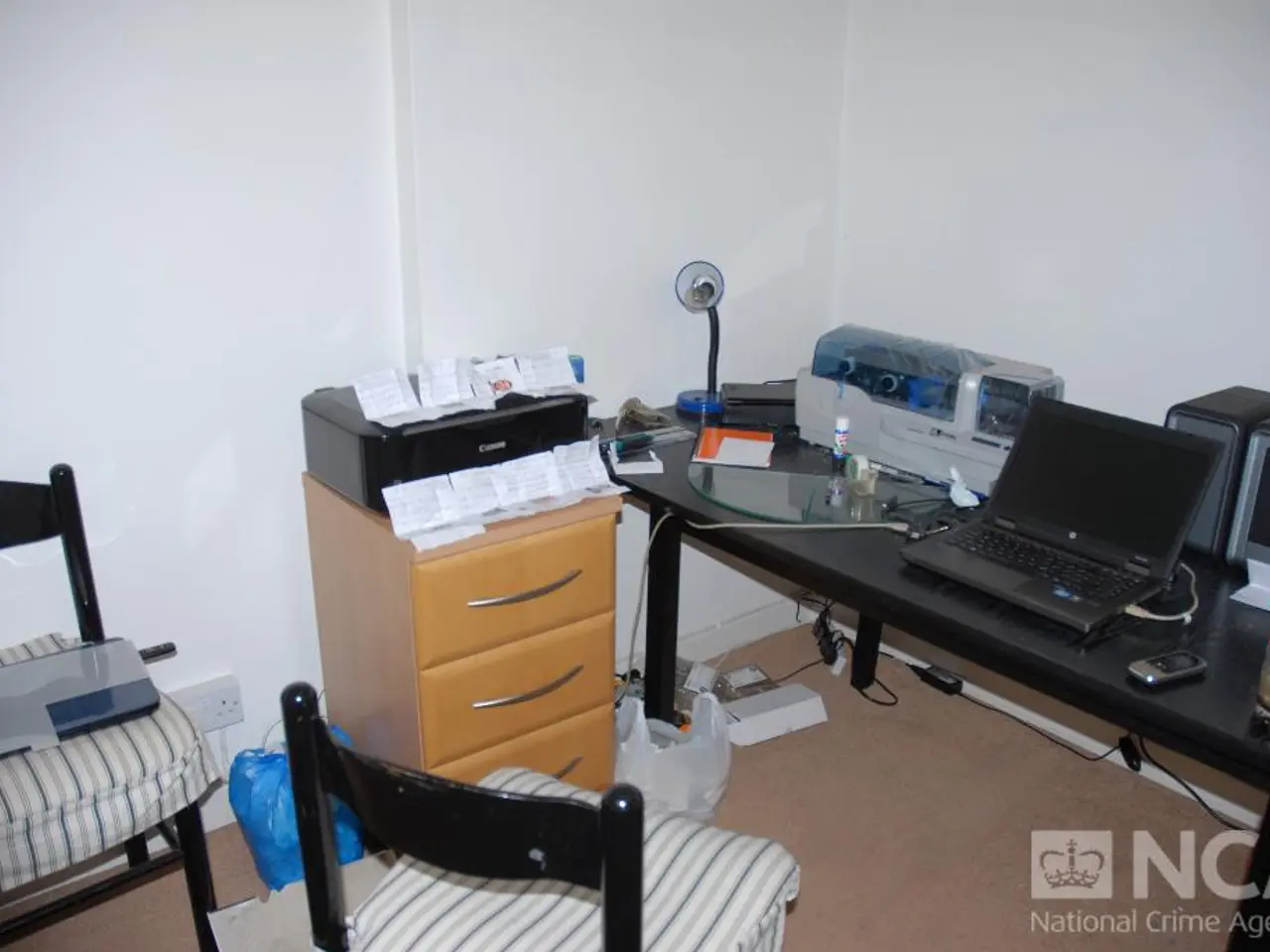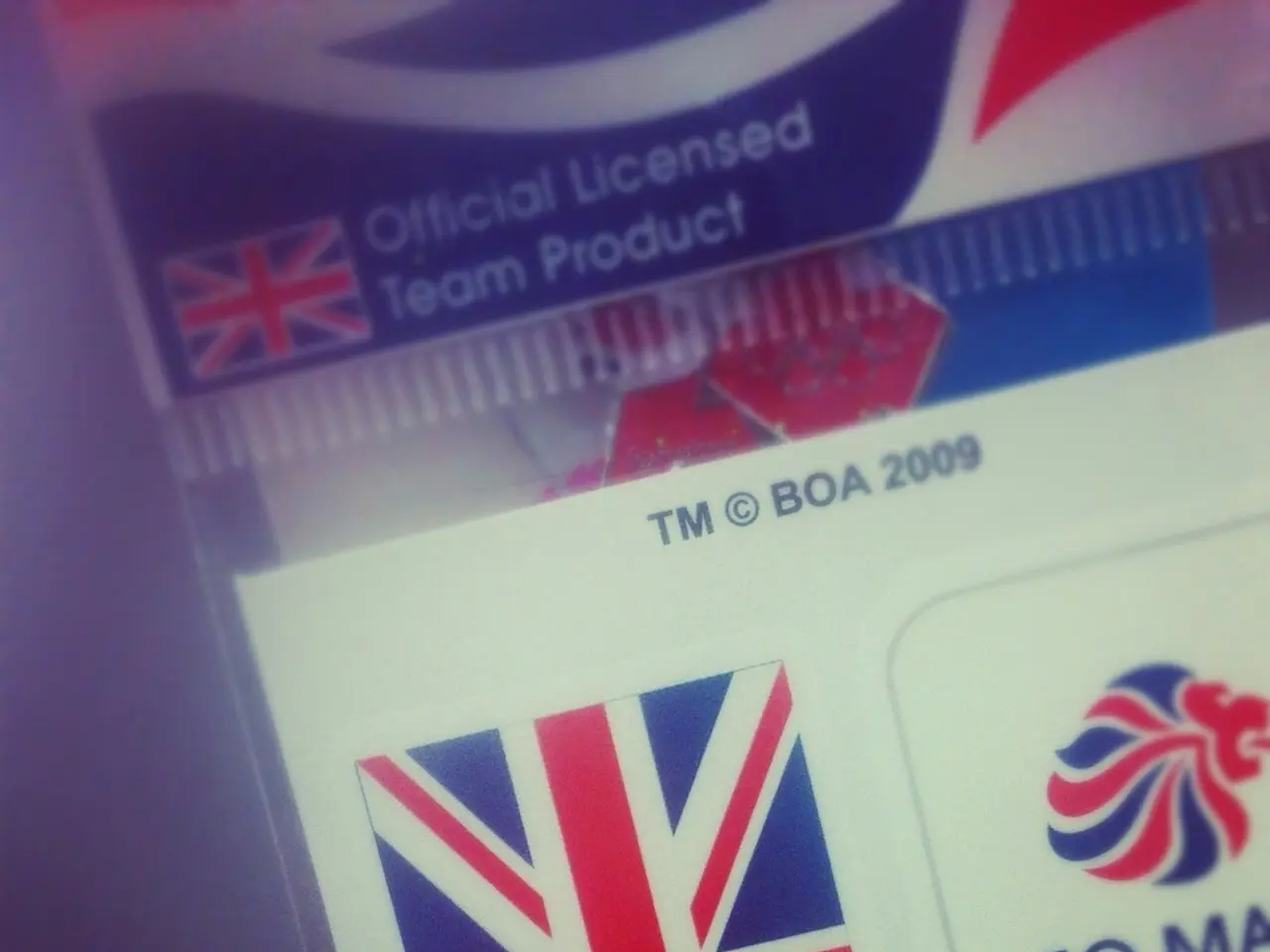Cost-effective strategies for small enterprises and independent entrepreneurs
In the dynamic world of business, small enterprises and sole traders in Australia are constantly seeking ways to thrive. This article provides insights into various strategies that can help small businesses reduce costs, embrace digital transformation, and access government grants.
Going digital and paperless can significantly cut costs for businesses. Digital documents are simpler to store, more portable, and easier to search and send. Electronic signature tools like DocuSign eliminate the need for printing and scanning paperwork, making the process more efficient.
To increase energy efficiency and reduce waste, small businesses can consider implementing energy-saving practices. These include using energy-efficient appliances, reducing heating and cooling costs, and recycling waste. The emergence of 100% carbon-neutral energy providers offers small businesses an opportunity to reduce their carbon footprint while saving on energy costs.
Cloud storage platforms such as Google Drive or Dropbox can be used to manage files, and digital invoicing and contracts are often accessible through accounting software. Selling old equipment can help put money back into a business's budget, and checking online marketplaces can assess the value of the item before listing it for sale.
For small business owners and sole traders, finding and applying for government grants can support start-up costs, digital transformation, training, equipment, and other expenses. Key steps include researching available grants, checking eligibility criteria, preparing a strong application, and submitting it following the specified procedures.
The Instant Asset Write-Off incentive, energy efficiency grants, the Social Enterprise Development Initiative (SEDI), and the New Enterprise Allowance scheme are just a few examples of grants available for small businesses. It is essential to regularly check the Australian Government’s business.gov.au website and engage with local chambers of commerce or business advisory services to stay updated on the latest grant opportunities tailored to your business type and needs.
Beyond financial savings, small businesses can benefit from being part of local business associations or online communities. These networks offer shared resources, group discounts, and peer advice. Shopping around for a new electricity provider can result in better energy deals and savings for small businesses.
Mentoring others or being a mentee can help bolster a business, and mentors can be found on platforms like LinkedIn. Networking can help build organic word-of-mouth opportunities for a business and open doors to collaboration and partnerships.
Free learning opportunities are available through educational platforms like Hubspot Academy, Coursera, LinkedIn, edX, YouTube tutorials, webinars, and podcasts. Insurance options for small businesses may include liability, property, and theft insurance, among others. Small businesses can protect against theft by implementing security measures such as CCTV, alarms, and secure storage for valuable items.
Replacing halogen lightbulbs with LED lightbulbs can help reduce power bills, as they are among the most energy-efficient globes on the market. Using business apps and AI tools can automate complex tasks, increase productivity, and save money in financial management, email automation, and customer service.
Creating and sticking to a detailed budget is essential for financial health in any business, as it provides visibility over income and expenses, helps prioritize spending, and prevents overspending on non-essentials. The Arevo app can help small businesses and sole traders save on fuel by finding the cheapest fuel prices near them. Smart lighting can help save on energy consumption by grouping lights into smaller networks and using sensor lights that automatically switch off when not in use.
In conclusion, by implementing digital solutions, energy-saving practices, and taking advantage of government grants, small businesses in Australia can reduce costs, increase efficiency, and set themselves up for success. Regularly checking for new grant opportunities and staying engaged with local business communities can help small businesses stay ahead in the competitive landscape.
Utilizing technology can aid small businesses in multiple aspects, such as electronic signature tools reducing paperwork expenses and cloud storage platforms managing files efficiently. Embracing sustainable practices, like replacing halogen lightbulbs with LED lights and implementing energy-efficient appliances, can also save on energy costs.
For small business owners seeking financial support, government grants exist to help with start-up costs, digital transformation, training, and other expenses. Examples of such grants include the Instant Asset Write-Off incentive, energy efficiency grants, and the Social Enterprise Development Initiative (SEDI).
Beyond financial benefits, belonging to business associations or online communities offers shared resources, group discounts, and peer advice. Networking and mentoring opportunities can help small businesses build partnerships and organic word-of-mouth opportunities.




